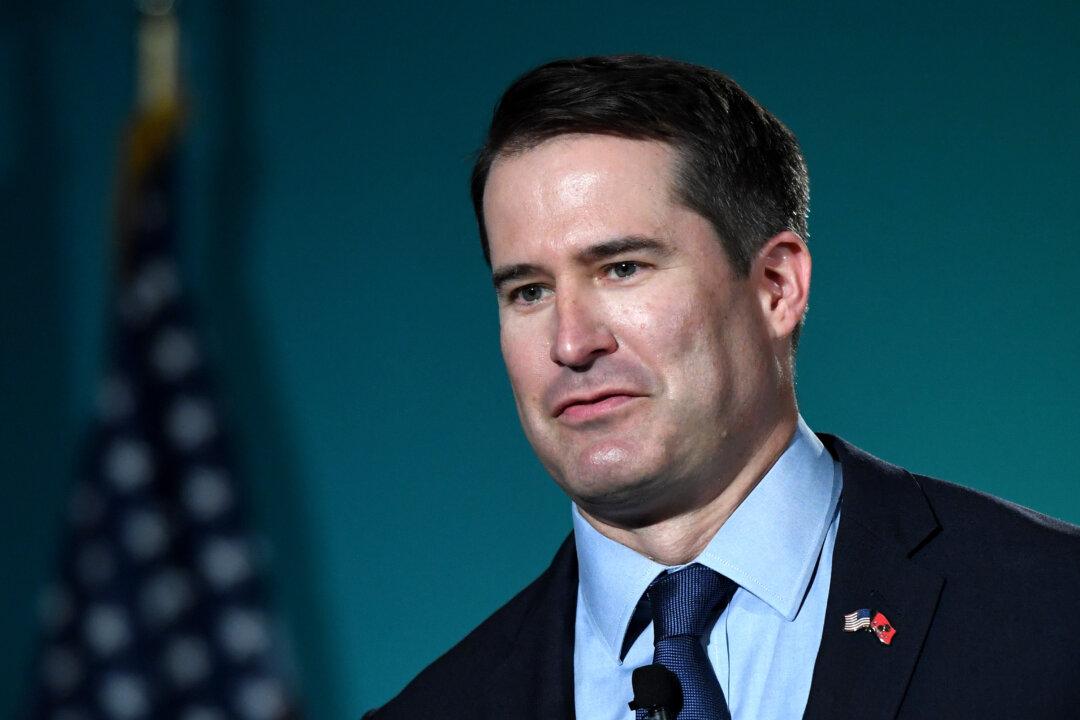Rep. Seth Moulton (D-Mass.) became the sixth Democratic presidential contender to end his bid, narrowing the field ahead of the next round of debates.
Washington Gov. Jay Inslee also ended his bid this week before announcing he was running for re-election and former Colorado Gov. John Hickenlooper dropped out on Aug. 15.





